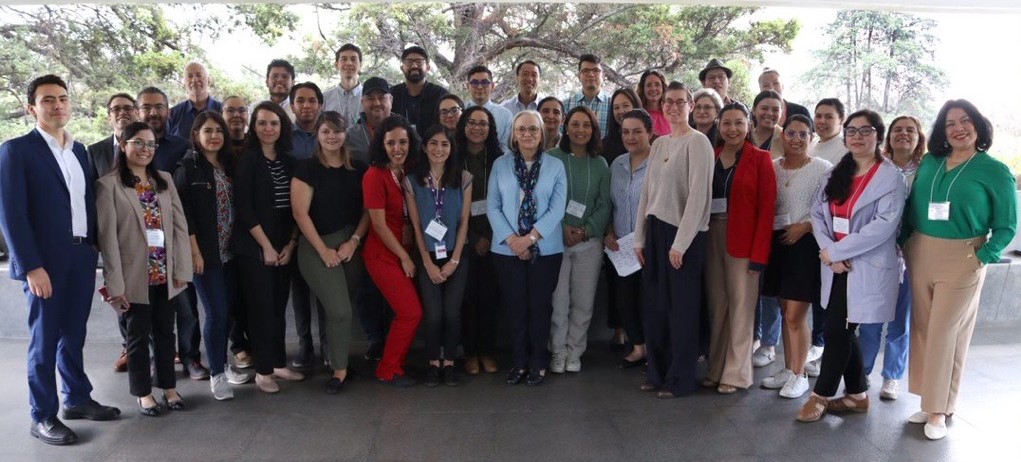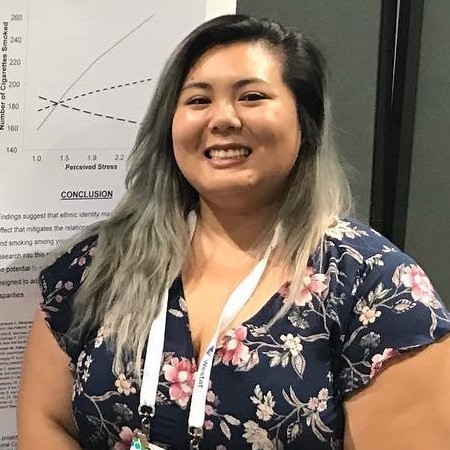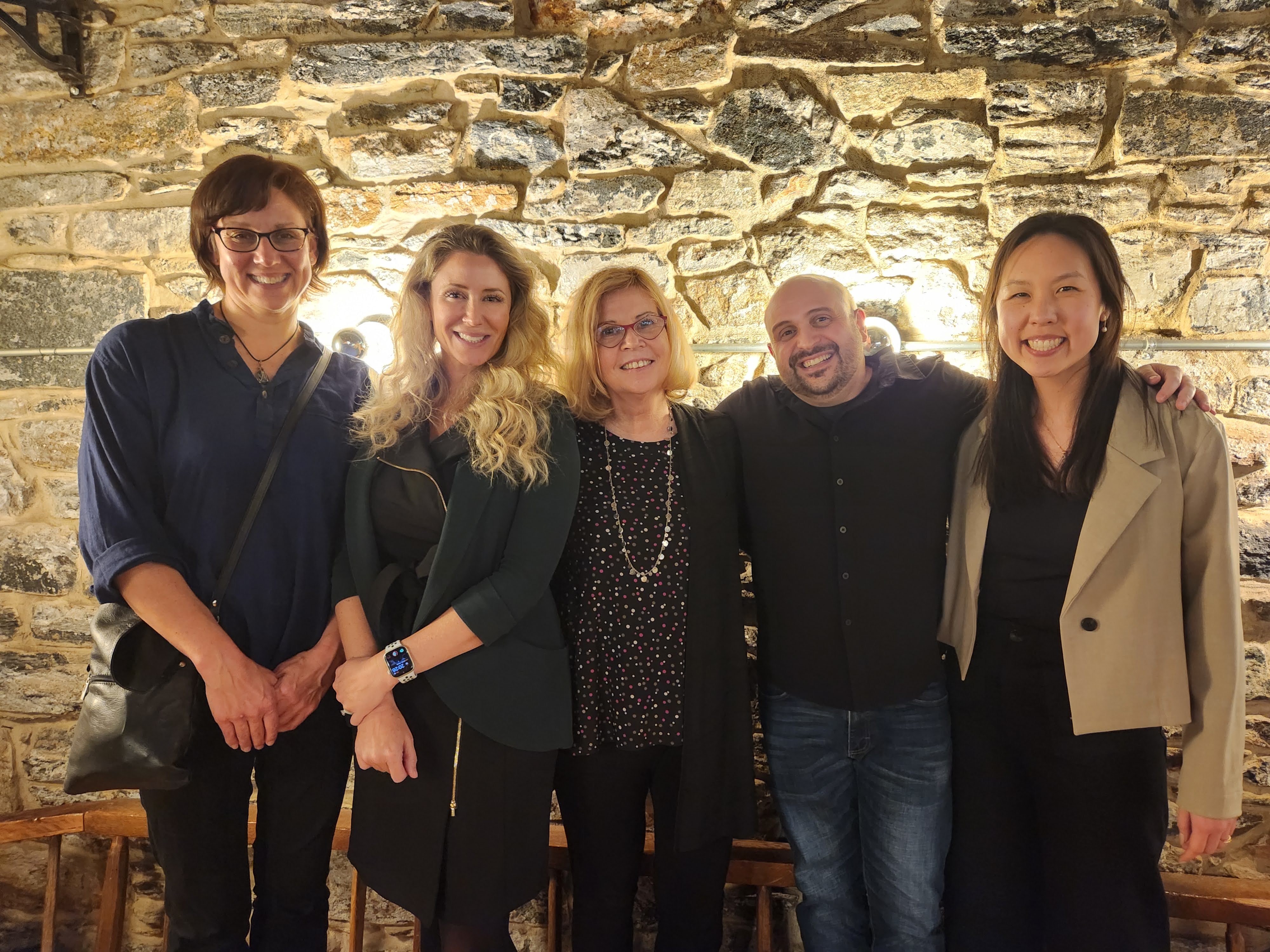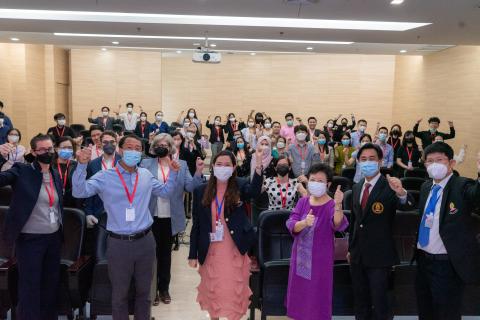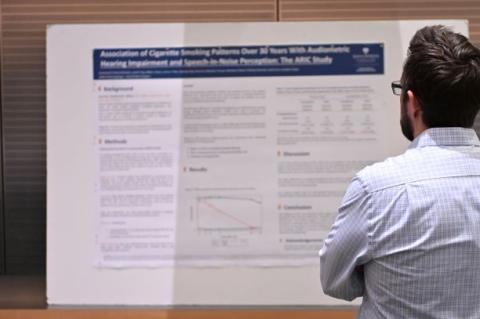Greetings!
Six years ago, the Cochlear Center for Hearing and Public Health began with the broad mission of training a generation of clinicians and researchers to study the impact of hearing loss on older adults and public health, create and test hearing interventions, and inform national and global policy on hearing.
This Annual Report captures highlights of our work during the 2023-2024 academic year, including:
- Main findings of the ACHIEVE study, our largest clinical trial, were published this academic year in the Lancet, with results that have implications for clinical practice and for global perspectives and policies around hearing care.
- We continue to be sought out by decision makers for expert advice on hearing care and funding policy.
- Our public health campaign, aimed at establishing the Hearing Number as a universal, neutral metric to understand and talk about hearing, continues apace, with an industry standard now guiding its use in consumer technologies and a Johns Hopkins Bloomberg School-branded smartphone app in the pipeline.
- Cochlear Center trainees' impressive drive continues to move the field forward: since our start, we’ve mentored 36 trainees, many of whom have gone on to research careers studying aging and hearing loss.
- Our training programs have matured into sought-after opportunities and our international fellows training program continued into a fourth region of the world with a fifth region planned in 2024.
Thank you for your interest and support. I hope to see you at upcoming conferences and events and look forward to sharing future news.
Frank R. Lin, MD, PhD
Director, Johns Hopkins Cochlear Center for Hearing and Public Health
Advancing Evidence
ACHIEVE Study Main Findings Published in Lancet, Presented Around the World
The ACHIEVE (Aging and Cognitive He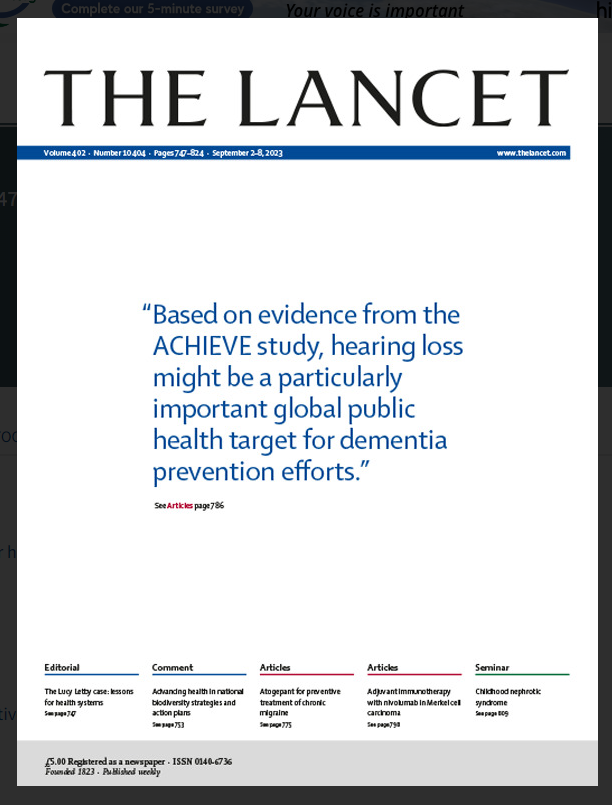 alth Evaluation in Elders) study, is a large-scale randomized controlled trial, led by principal investigators Frank Lin, MD, PhD, and Josef Coresh, MD, PhD, and sponsored by the National Institute on Aging. Main findings, published in the Lancet in July 2023, showed that in older adults at increased risk for cognitive decline, hearing intervention slowed down loss of thinking and memory abilities by 48% over 3 years.
alth Evaluation in Elders) study, is a large-scale randomized controlled trial, led by principal investigators Frank Lin, MD, PhD, and Josef Coresh, MD, PhD, and sponsored by the National Institute on Aging. Main findings, published in the Lancet in July 2023, showed that in older adults at increased risk for cognitive decline, hearing intervention slowed down loss of thinking and memory abilities by 48% over 3 years.
These results have implications for clinical practice and for global perspectives and policies around hearing care. The ACHIEVE study also looks at the effects of treating hearing loss on other health outcomes, including mental health and well-being, physical function, and health care use. Those results will be published over time. In the meantime, ACHIEVE investigators continue to follow all study participants beyond three years to look at longer term effects of hearing intervention on cognition and other outcomes.


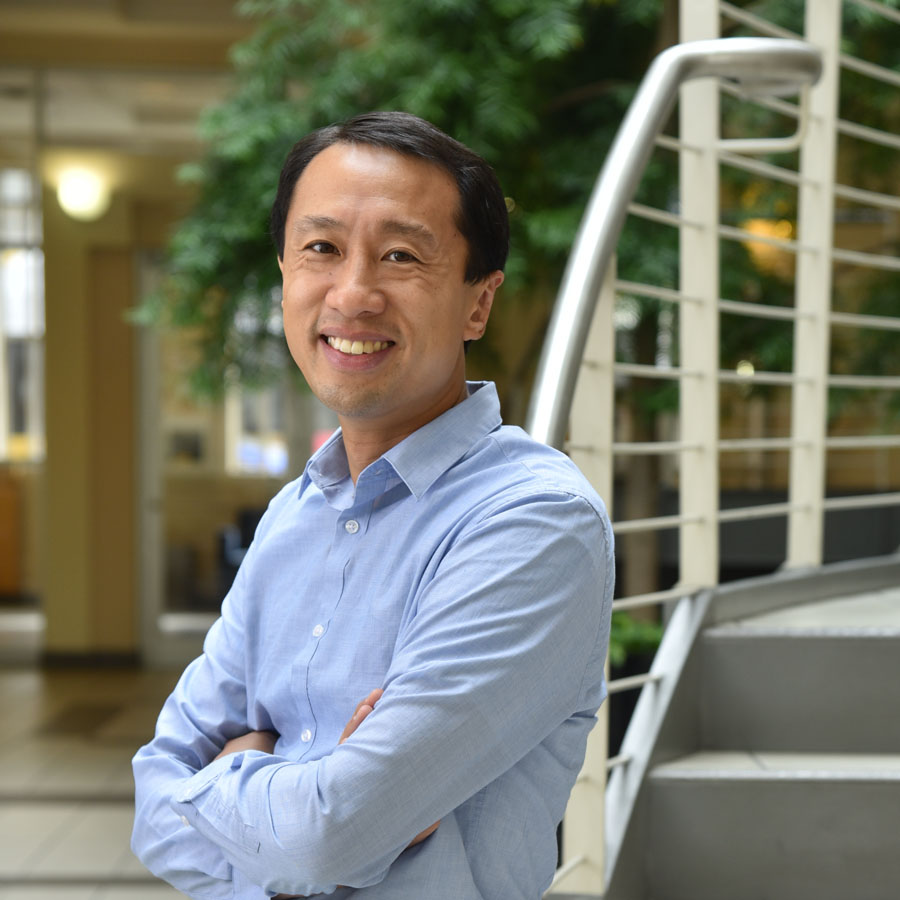
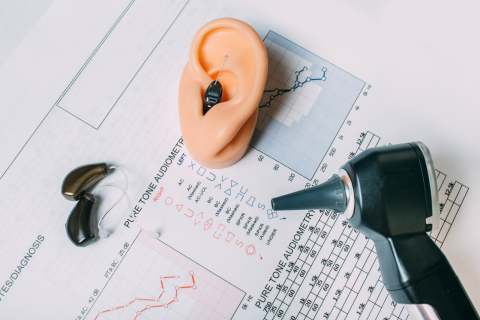


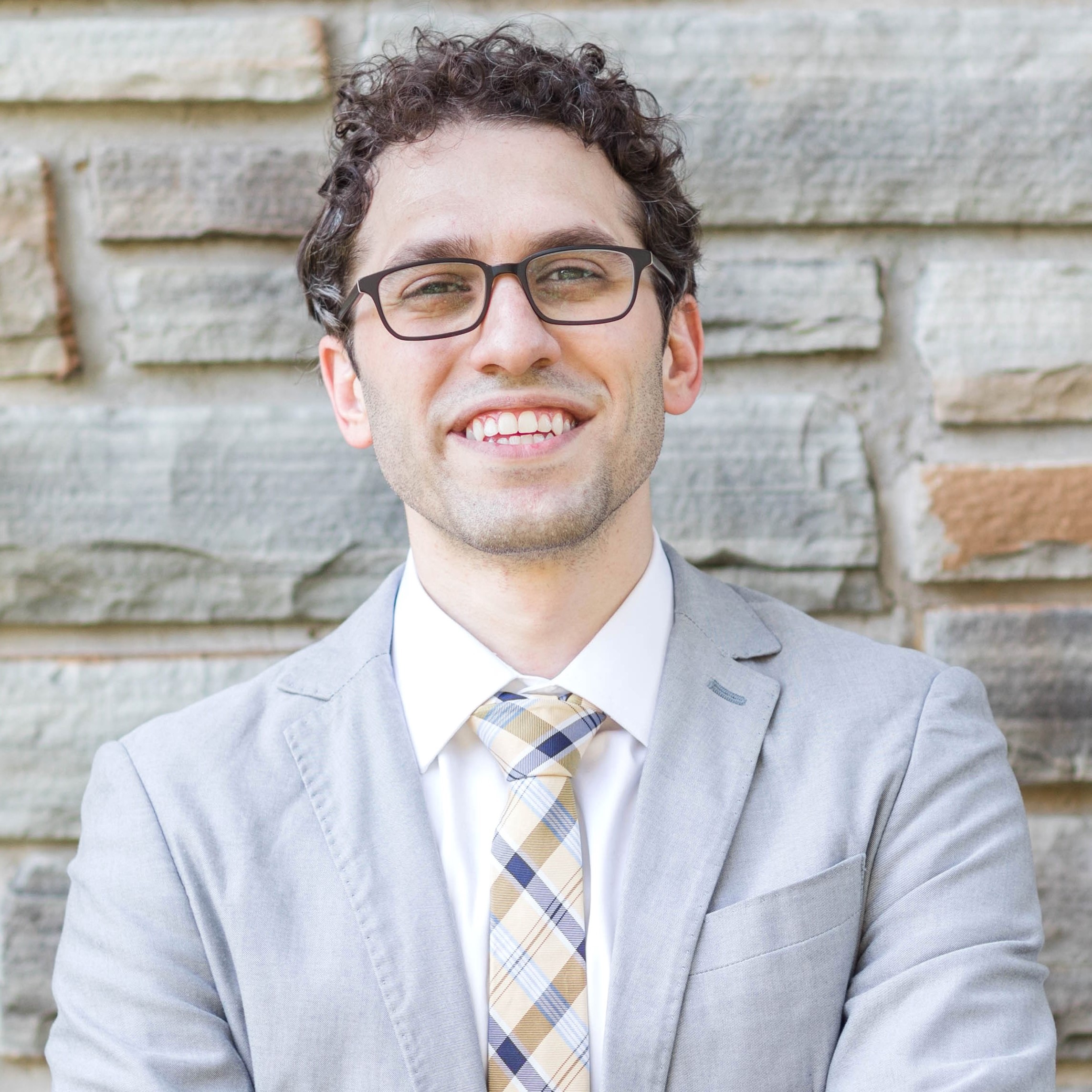
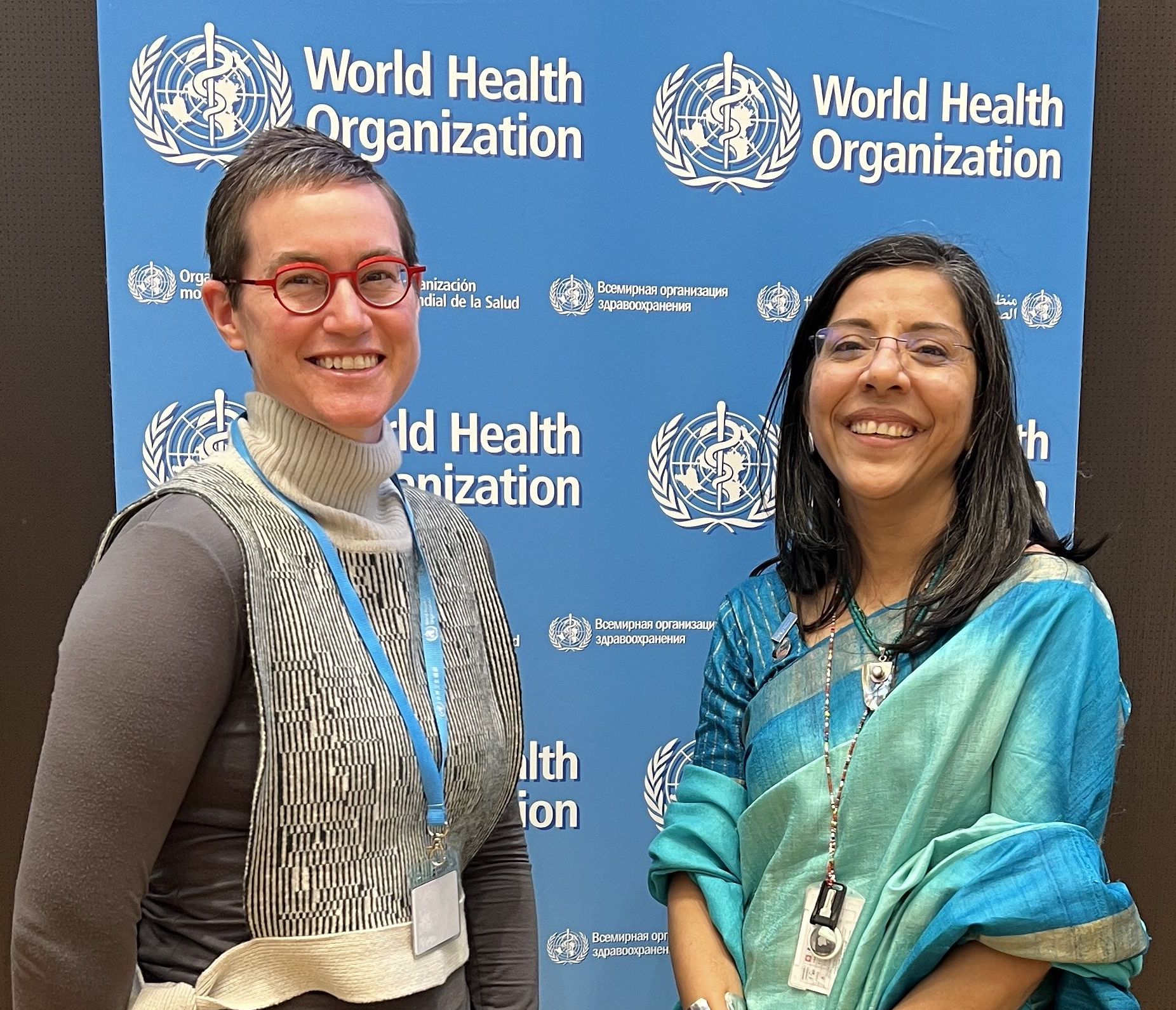
 standard for the Hearing Number. Entitled Four Frequency Pure Tone Average Testing Methodology and Hearing Wellness Reporting Metric for Consumer-Facing Hearing Solutions (ANSI/CTA-2118), the standard was approved by the American National Standards Institute in 2023, and can be downloaded free of charge via the
standard for the Hearing Number. Entitled Four Frequency Pure Tone Average Testing Methodology and Hearing Wellness Reporting Metric for Consumer-Facing Hearing Solutions (ANSI/CTA-2118), the standard was approved by the American National Standards Institute in 2023, and can be downloaded free of charge via the 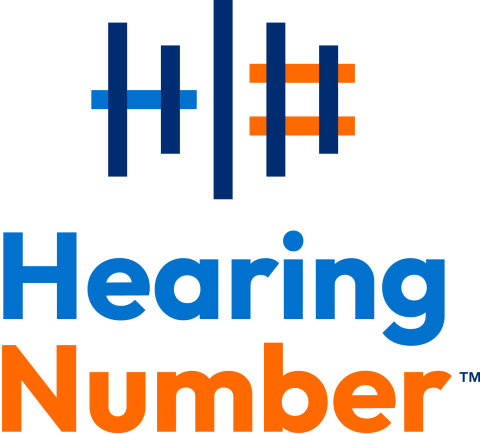
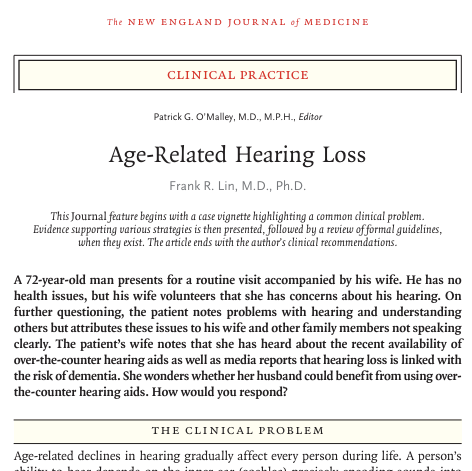
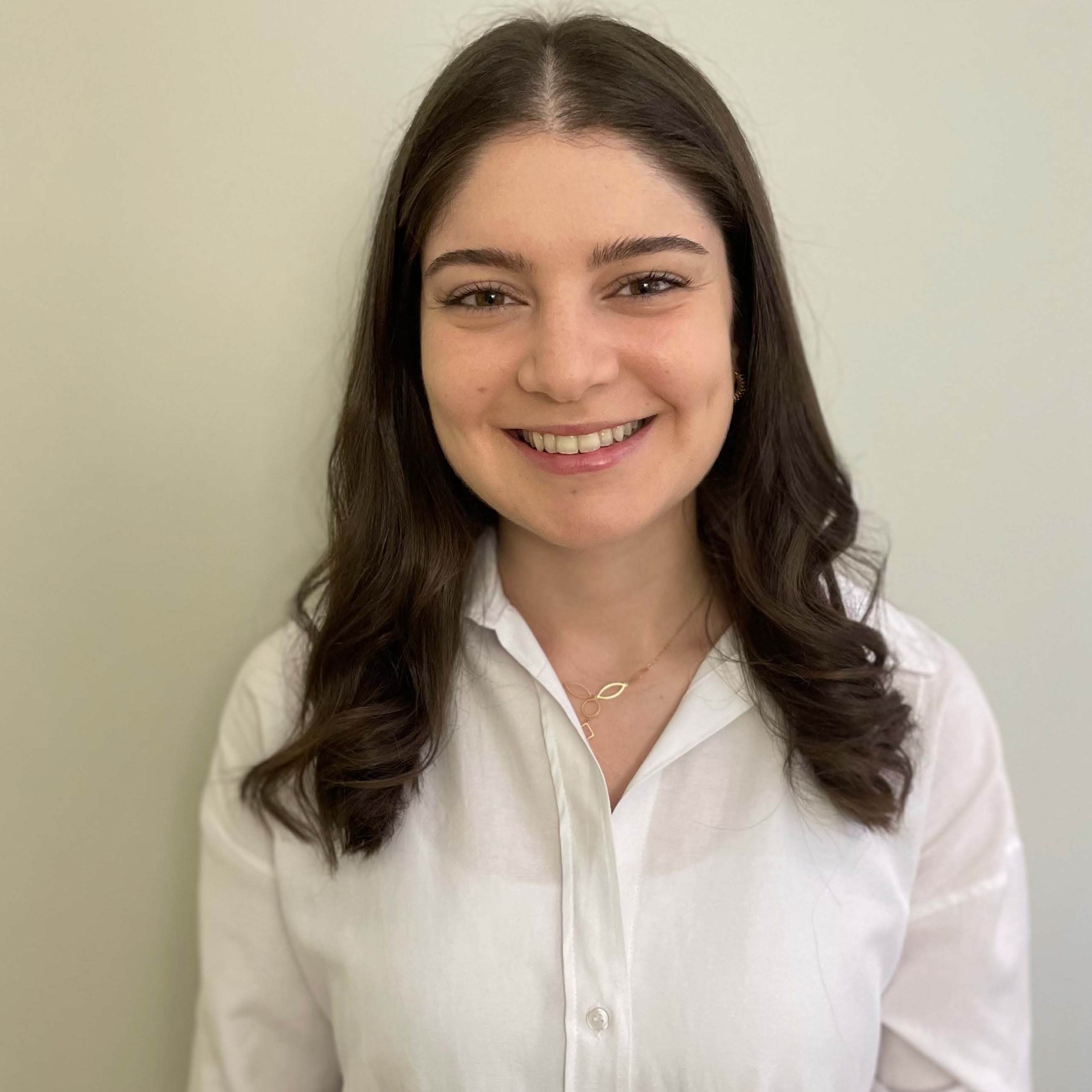 Postdoctoral Research Fellow
Postdoctoral Research Fellow  PhD candidate
PhD candidate 
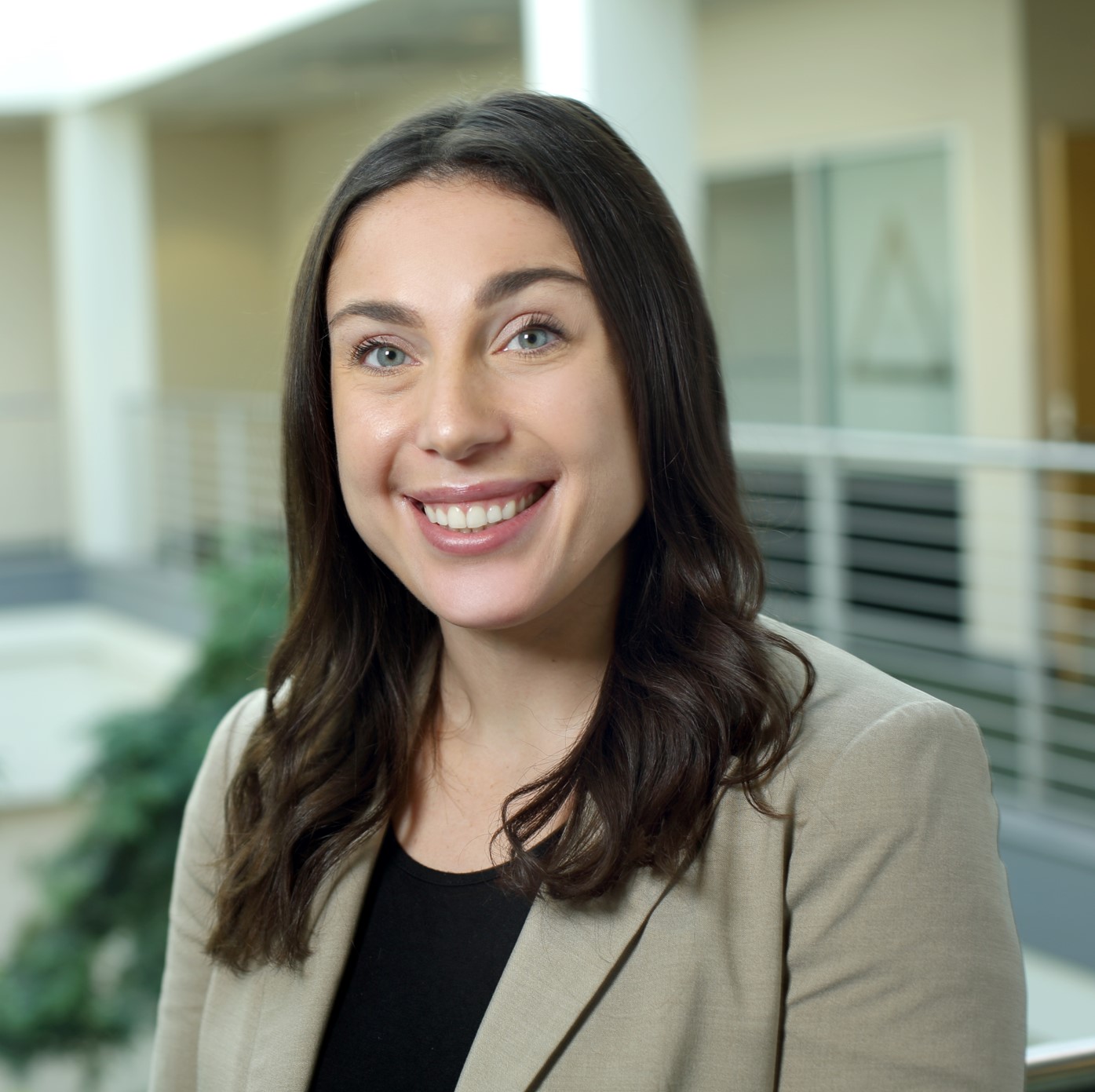
 Medical student
Medical student 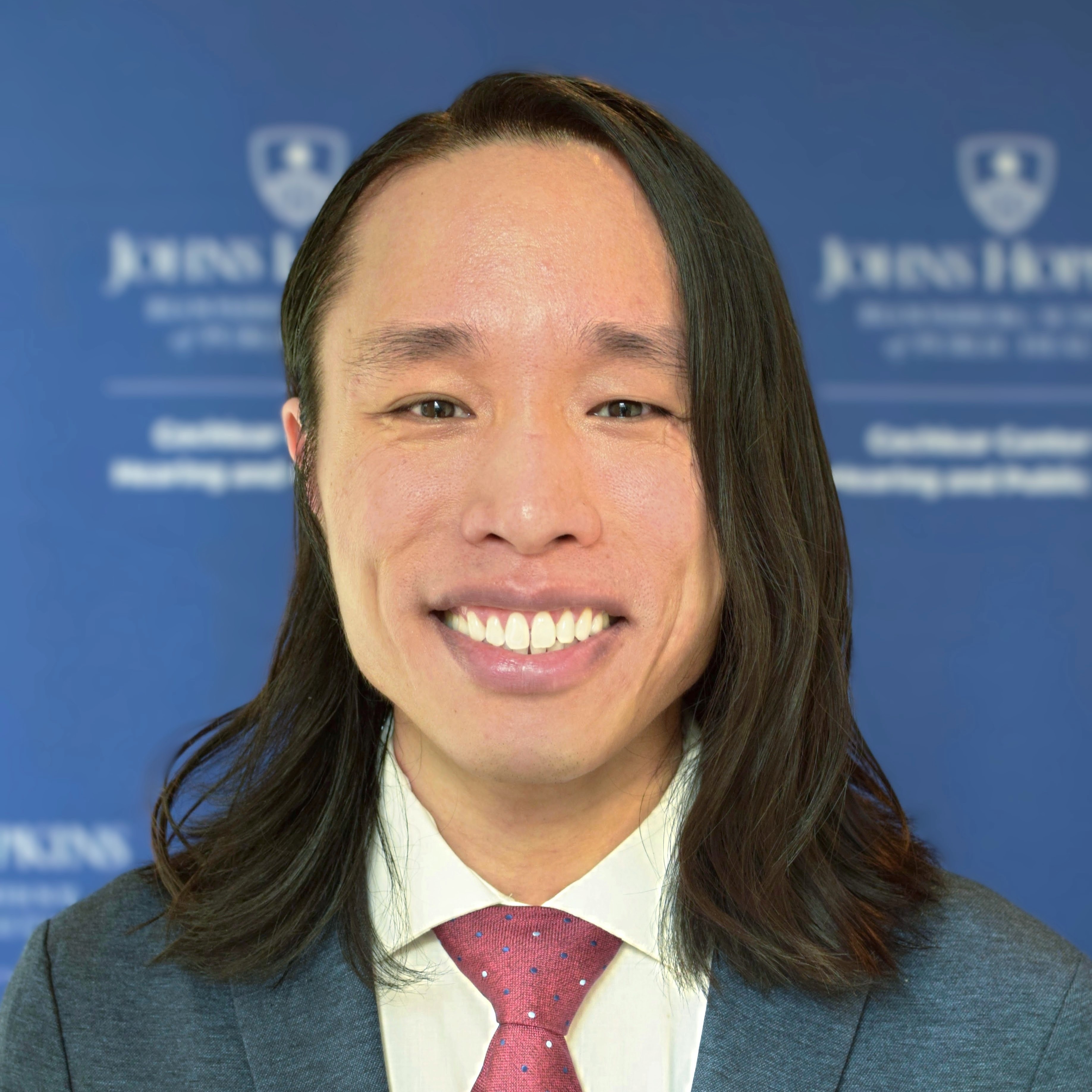
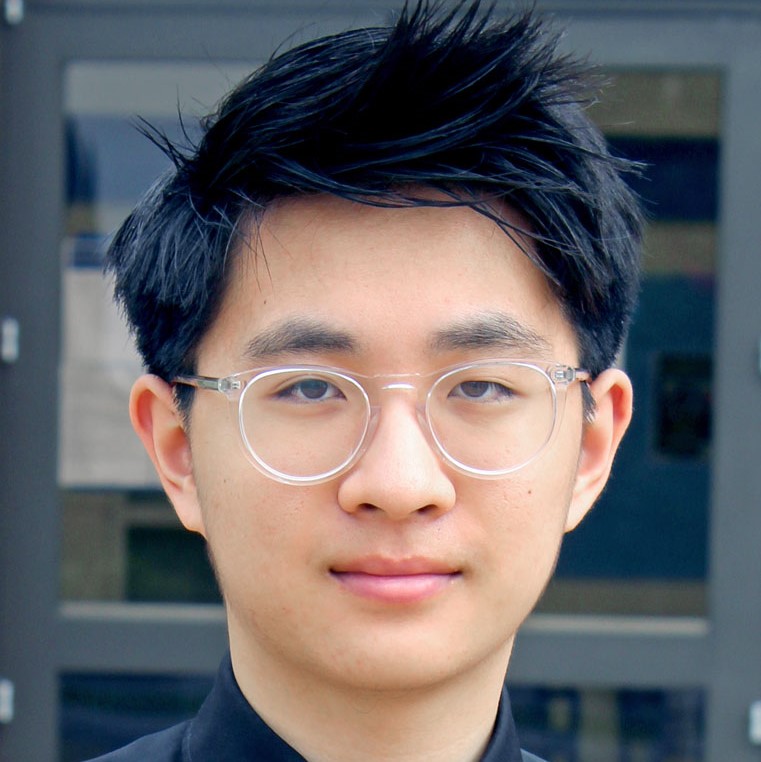
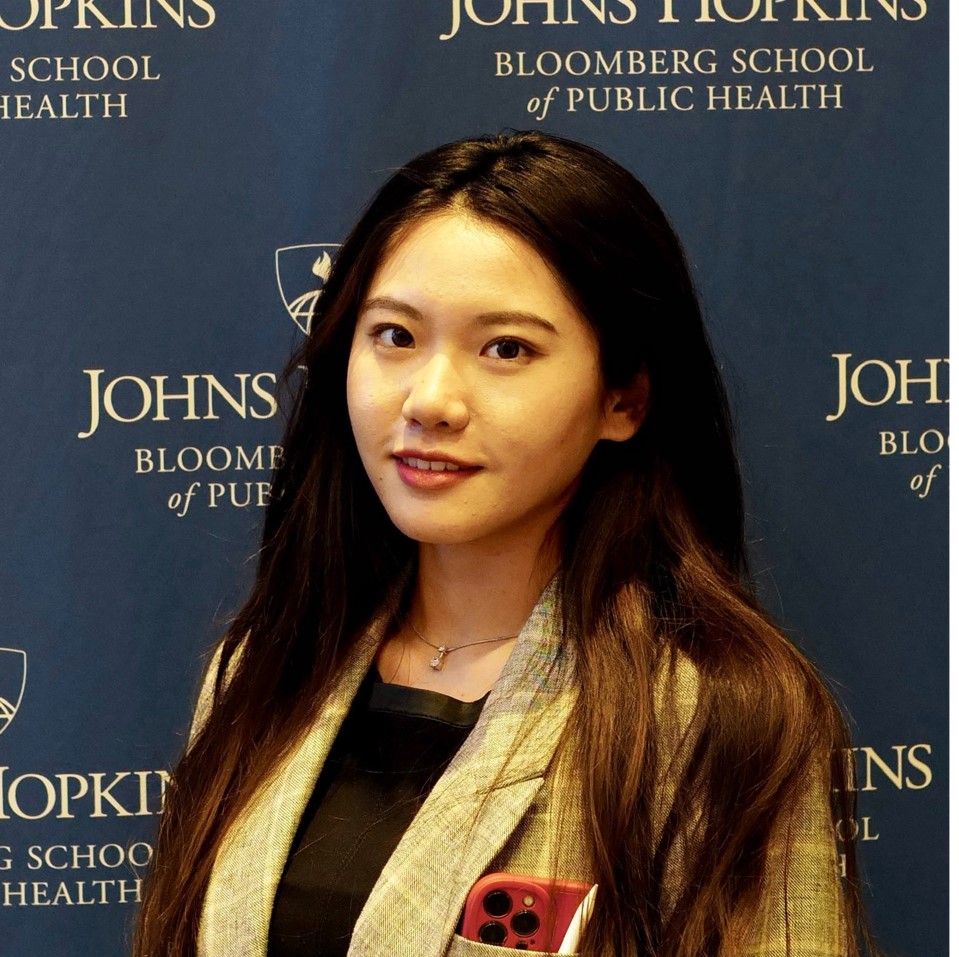 Junlan Xu, ScM graduated from the Bloomberg School of Public Health with a Master of Science degree.
Junlan Xu, ScM graduated from the Bloomberg School of Public Health with a Master of Science degree.
